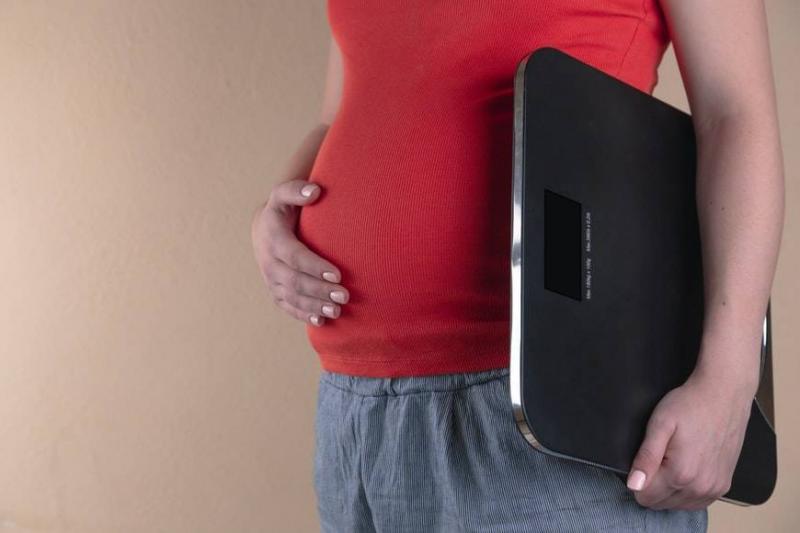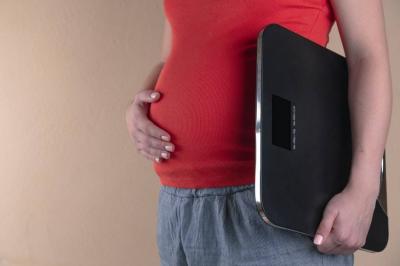Research suggests that experiencing some bloating, perhaps after consuming a larger-than-usual meal, is common for many people. However, if your stomach bloats every time you eat, you should seek medical help, according to Dr. Ali Rezaei, a gastroenterologist at Cedars-Sinai, as mentioned by Business Insider. For those who do not experience bloating all the time but feel discomfort when it occurs, there are actions you can take to reduce the likelihood of bloating, such as eating more slowly and leaving gaps between meals.
There are several reasons for bloating. Some individuals experience bloating more than others, which can arise from different causes, including Irritable Bowel Syndrome (IBS), food intolerances, menstruation, eating too quickly, and excessive fiber intake. One cause of bloating is Small Intestinal Bacterial Overgrowth (SIBO), where there is an excess of bacteria in the small intestine, according to Rezaei, who is also a co-author of The Microbiome Connection. He stated, "After these bacteria ferment food, especially carbohydrates, they produce various byproducts and gases such as methane, hydrogen, and hydrogen sulfide. The accumulation of these gases in the intestines can manifest as abdominal bloating."
Rezaei explained that if you develop small intestinal bacteria overgrowth, you may notice significant bloating after consuming foods you used to tolerate well. In addition to regular bloating, other symptoms to watch for include changes in bowel habits, excessive burping or belching, abdominal discomfort, weight changes, nausea, vomiting, brain fog, or blood in the stool. Rezaei noted that all of this could indicate something is wrong and a visit to the doctor is warranted.
#### 4 Tips to Avoid Bloating
1. **Leave Gaps Between Meals**
The small intestine keeps itself clean through "housekeeping waves" that move undigested food from the small intestine to the large intestine. Rezaei explained that these waves occur every two hours when we are not eating. He said, "These waves are an integral part of our gut microbiome balance." To ensure these waves happen, wait a few hours after each meal or snack before eating again if possible.
2. **Eat Slowly**
Gastroenterologist Hardip Singh previously told Business Insider that you take in less air by chewing your food longer and eating slowly. Less air means less bloating.
3. **Drink More Water**
Singh mentioned that consuming too much sodium can lead to bloating, and drinking water can help flush it out.
4. **Try a Low-Fermentation Diet**
Rezaei stated that a "low-fermentation diet" can help reduce symptoms of small intestinal bacterial overgrowth, but more research is needed, according to gastroenterology consultant and dietitian Kirsten Jackson. High-fermentation foods, such as artificial sweeteners, beans, cauliflower, and broccoli, produce gas, so reducing them may help alleviate bloating. However, it is important to remember that beans, cauliflower, and broccoli have many other health benefits, including providing fiber that is crucial for gut health, so you shouldn't stop consuming them unless necessary. Rezaei stated, "As a general rule, diets lower in carbohydrates and proteins lead to reduced bloating." However, protein powder can cause bloating and digestive issues for some people, as personal trainer Stephanie Sanzo previously explained to Business Insider. If you're unsure or experience bloating regularly to the point of pain, consult a doctor who may prescribe medication or a diet to alleviate the condition or provide other treatment.




